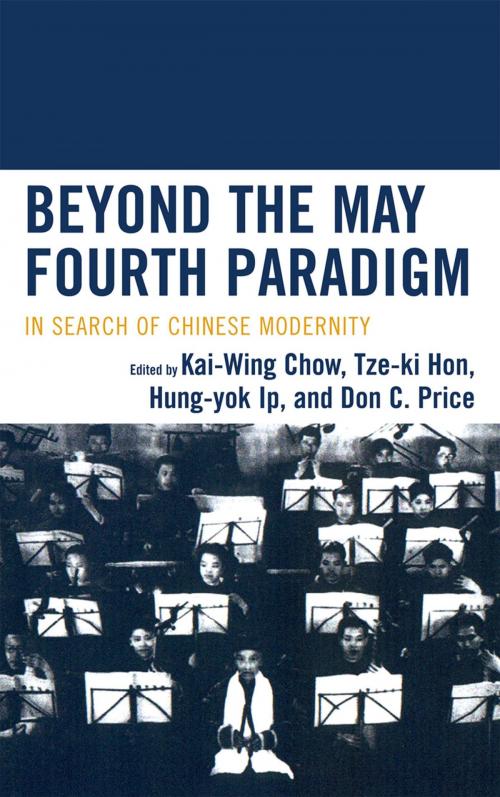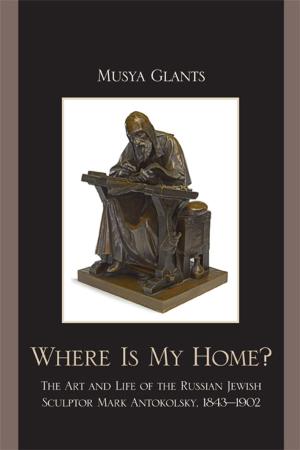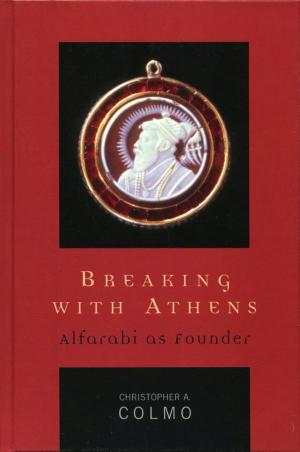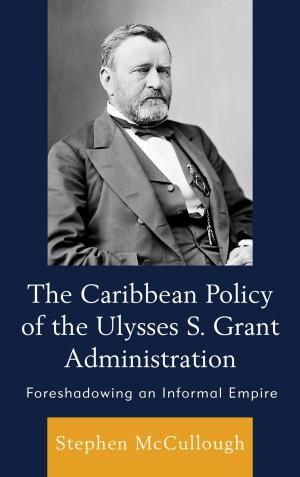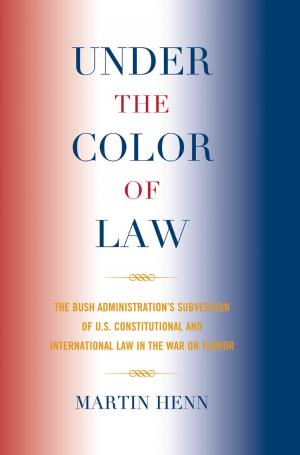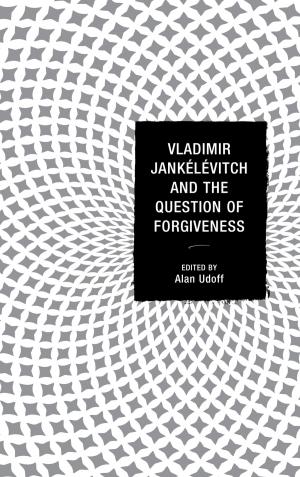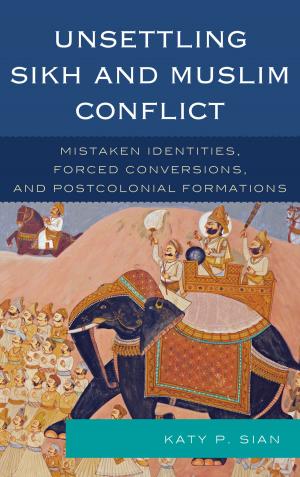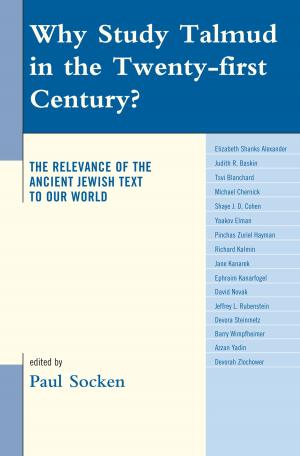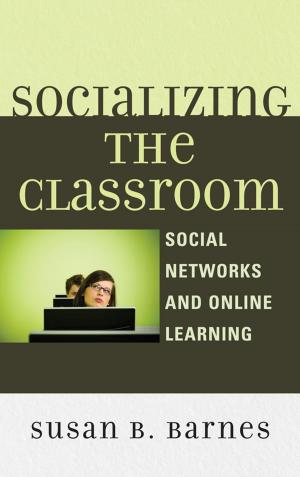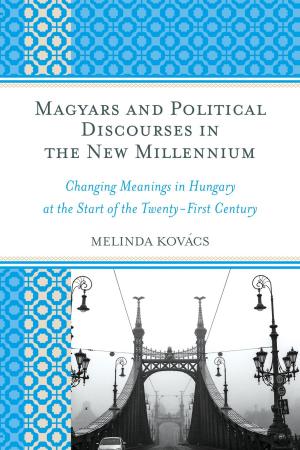Beyond the May Fourth Paradigm
In Search of Chinese Modernity
Nonfiction, History, Asian, China, Social & Cultural Studies, Social Science, Anthropology| Author: | Jianhua Chen, Fa-ti Fan, Denise Gimpel, Ted Huters, Frederick Lau, Viren Murthy, Kristin Stapleton, Lung-kee Sun, Xiong Yuezhi | ISBN: | 9781461633013 |
| Publisher: | Lexington Books | Publication: | April 18, 2008 |
| Imprint: | Lexington Books | Language: | English |
| Author: | Jianhua Chen, Fa-ti Fan, Denise Gimpel, Ted Huters, Frederick Lau, Viren Murthy, Kristin Stapleton, Lung-kee Sun, Xiong Yuezhi |
| ISBN: | 9781461633013 |
| Publisher: | Lexington Books |
| Publication: | April 18, 2008 |
| Imprint: | Lexington Books |
| Language: | English |
When did China make the decisive turn from tradition to modernity? For decades, the received wisdom would have pointed to the May Fourth movement, with its titanic battles between the champions of iconoclasm and the traditionalists, and its shift to more populist forms of politics. A growing body of recent research has, however, called into question how decisive the turn was, when it happened, and what relation the resulting modernity bore to the agendas of people who might have considered themselves representatives of such an iconoclastic movement. Having thus explicitly or implicitly 'decentered' the May Fourth, such research (augmented by contributions in the present volume) leaves us with the task of accounting for the shape Chinese modernity took, as the product of dialogues and debates between, and the interplay of, a variety of actors and trends, both within and (certainly no less importantly) without the May Fourth camp.
When did China make the decisive turn from tradition to modernity? For decades, the received wisdom would have pointed to the May Fourth movement, with its titanic battles between the champions of iconoclasm and the traditionalists, and its shift to more populist forms of politics. A growing body of recent research has, however, called into question how decisive the turn was, when it happened, and what relation the resulting modernity bore to the agendas of people who might have considered themselves representatives of such an iconoclastic movement. Having thus explicitly or implicitly 'decentered' the May Fourth, such research (augmented by contributions in the present volume) leaves us with the task of accounting for the shape Chinese modernity took, as the product of dialogues and debates between, and the interplay of, a variety of actors and trends, both within and (certainly no less importantly) without the May Fourth camp.
